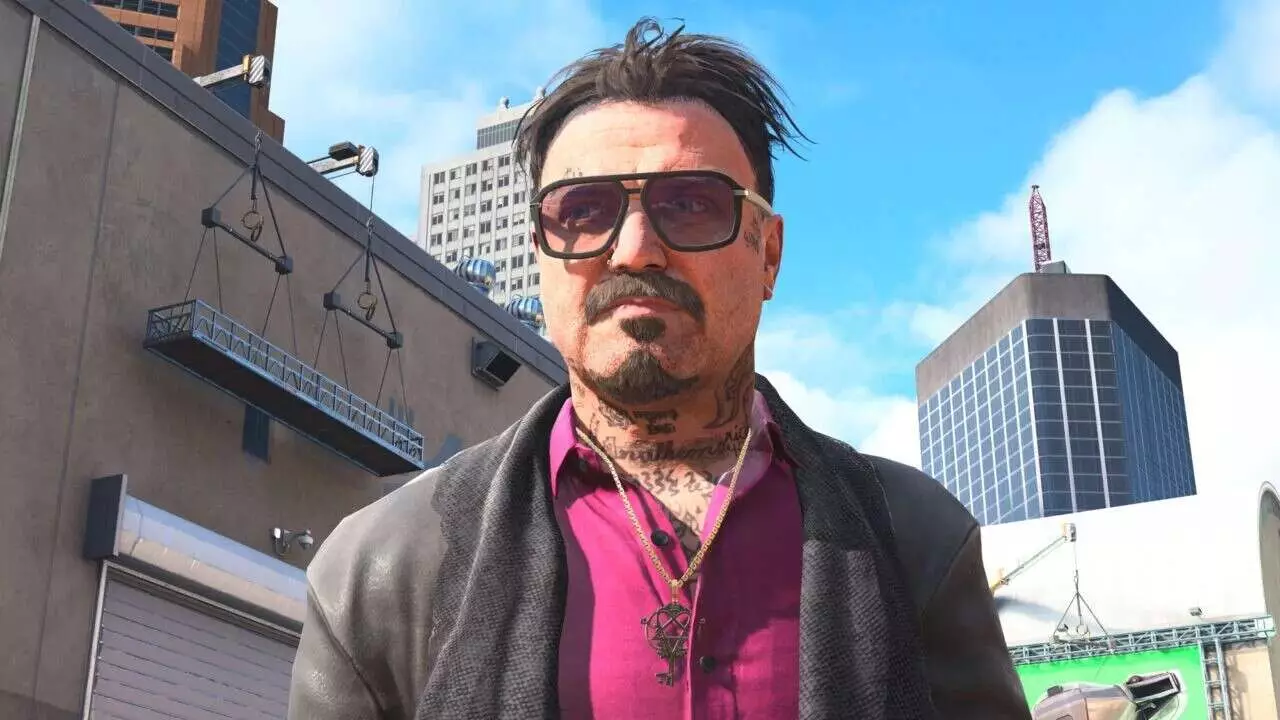The revival of Tony Hawk’s Pro Skater 3 + 4 highlights a captivating episode that underscores how personal relationships can influence even the most meticulously planned video game remakes. Bam Margera’s last-minute reintroduction into the roster isn’t just a matter of hype; it exemplifies how authentic human moments shape virtual experiences. Margera’s story of reconnecting with Tony Hawk during a casual skate session in Los Angeles sheds light on the unpredictable nature of the creative process. It’s a reminder that the gaming industry isn’t immune to the ripple effects of genuine personal interactions, often leading to organic decisions that can redefine a project.
This episode reveals an often-overlooked aspect of game development: emotional authenticity can be as vital as technical excellence. Margera’s physical and emotional comeback, catalyzed by a spontaneous skate and a heartfelt reunion, served as proof for Hawk that Margera’s presence on the roster was meaningful and not merely a nostalgic addition. It demonstrates that behind the polished pixels and polished gameplay, real human stories can influence branding and content, adding depth and emotional resonance to a remake.
Balancing Legacy with Innovation: The Evolving Skater Lineup
The inclusion of legends like Tony Hawk, Bob Burnquist, and Margie Didal alongside modern talent such as Zion Wright demonstrates a conscious effort to blend the old with the new. This dynamic roster signifies a strategic recognition of the series’ dual identity: honoring its roots while appealing to contemporary audiences. Including guest characters like Doom Slayer and Michelangelo isn’t just fan service; it signifies the series’ willingness to push boundaries and embrace cross-genre collaborations, making the experience richer and more vibrant.
However, the deliberate choice to revisit Margera’s absence reveals a nuanced understanding of the importance of personality and history in gaming. Margera’s comeback is not only a testament to personal growth but also an acknowledgment that fans cherish authentic stories from the skateboarding world. The developers seem to understand that a roster isn’t merely a collection of characters—it’s a narrative in itself, echoing the real-life stories and personalities of the skaters who inspired generations.
The Legacy of Authenticity in a Saturated Market
In a gaming landscape saturated with sequels, remakes, and clones, the strategic and heartfelt inclusion of a beloved skater like Bam Margera offers a breath of fresh air. It subtly shifts the focus toward storytelling and genuine passion rather than just updated graphics or new mechanics. The story behind Margera’s return gives fans an insider’s glimpse into how interconnected our real lives and virtual worlds have become.
This approach pushes the boundaries of what a remake can achieve—moving beyond mere nostalgia to create an emotionally charged experience that honors the sport’s community and history. Margera’s resurgence in the franchise echoes a broader trend: the recognition that player and character authenticity creates a more compelling and immersive gaming experience. The message is clear: real stories, real relationships, and genuine passion continue to be the backbone of memorable gaming moments, even in a world increasingly dominated by digital illusions.


Leave a Reply